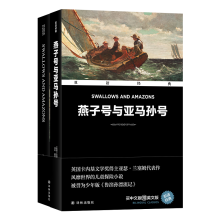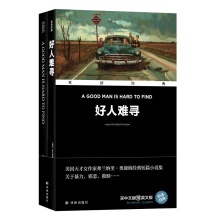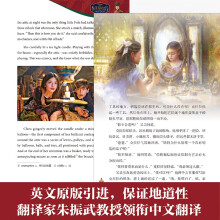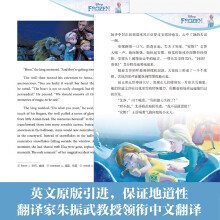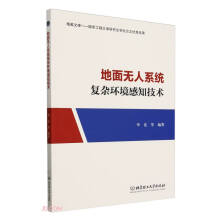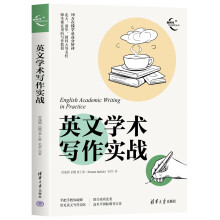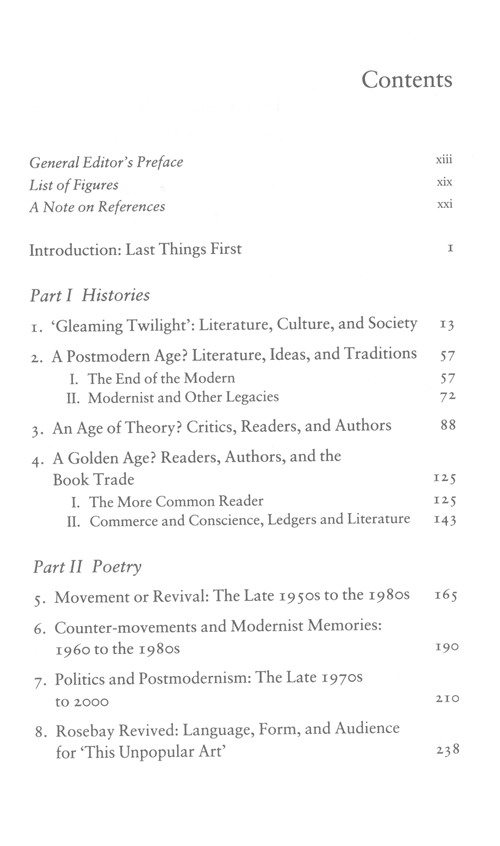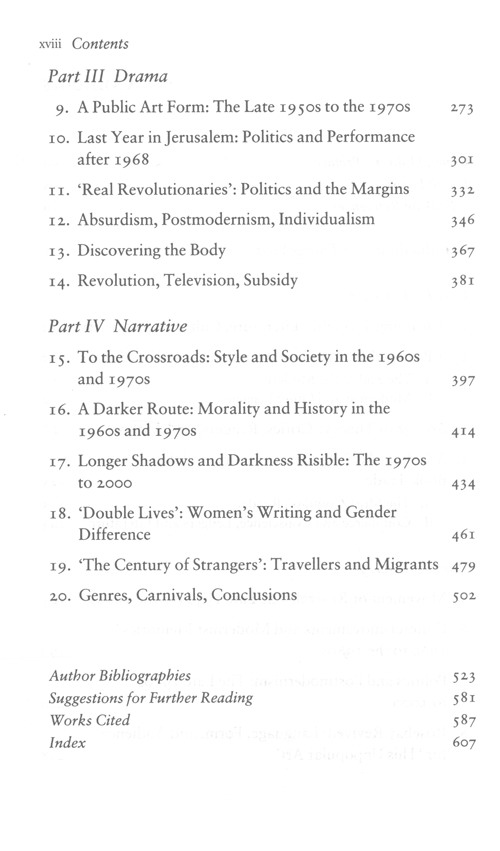《牛津英国文学史:英国的没落?》:
Foucault's ideas were also a basis for cultural materialism and New Historicism. The latter's historicism was 'new' in its emphases on language and text-on the existence or recoverability of the past
only through narratives and representations. It also emphasized the need to study a range of modes of writing in order to establish what
two of New Historicism's founding critics, Catherine Gallagher and
Stephen Greenblatt, called the 'creative matrices of particular histor-
ical cultures'(p.16). In their view, literary works 'did not spring up from nowhere', but embody ‘a whole life-world……social energies that circulate very broadly through a culture……passing from zones designated as art to zones apparently indifferent or hostile to art'.Assessment of a range of 'expressive possibilities' allows identifi-cation of these social energies, and of means used by public institu-tions-church, monarchy, even the theatre-to direct and contain them (pp.Ⅰ2-Ⅰ3, Ⅰ6). Greenblatt's Renaissance Self-Fasbiomng (1980), for example, examined ways individuals are shaped, or manoeuvred into shaping themselves, as subjects: again, in the double sense suggested by Althusser, by being made to believe they have an autonomous subjectivity, while actually being positioned subserviently within established political structures.
Whereas New Historicism originated largely in the United States,cultural materialism was more the work of British critics-such as Catherine Belsey and Jonathan Dollimore-though it shared many of the same interests. It differed mostly in its less disillusioned assess-ment of the machinations of power. New Historicism sustained much of Foucault's pessimism, suggesting that subversion or rebel-lion were invariably contained within established state structures,possibly even contributing to their ultimate stability. Renaissance drama, for example, showed uprisings occasionally disposing of inadequate individual monarchs, but could never depict the over-throw of the monarchical system itself. Rebellion, shown in this form, ultimately strengthened existing political structures, rather than leading to genuinely radical change. Cultural materialism remained closer to Bakhtin in emphasizing the vitality of conflict, in and beyond literary texts, and the potential of acts of subversion,transgression, or intervention in the dominant discourses of earlier periods-suggesting, by extension, the possibility of challenging the established political order at the present time.
……
展开

